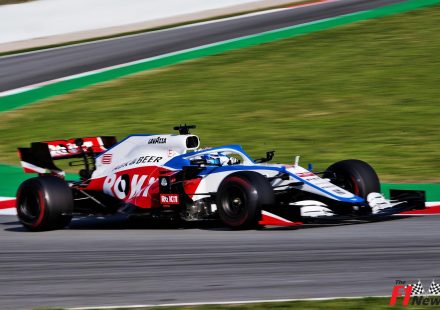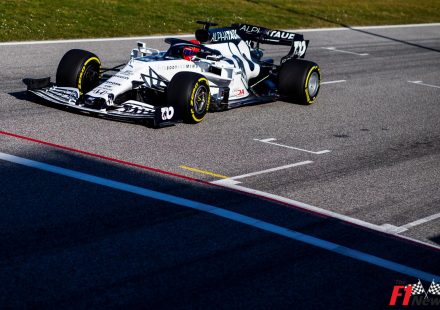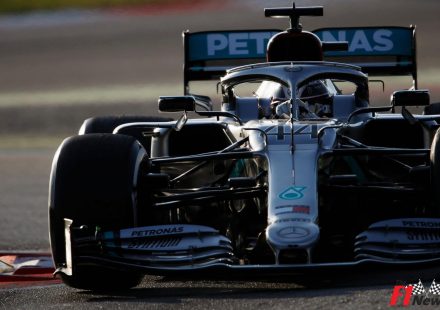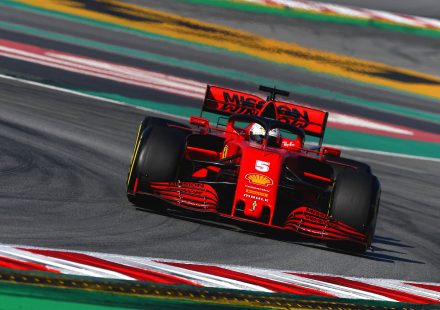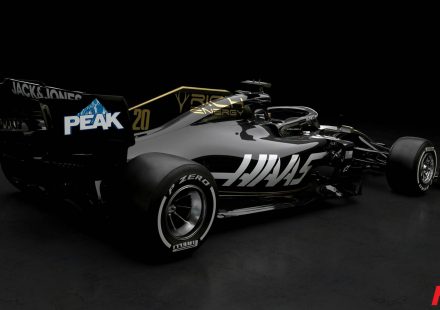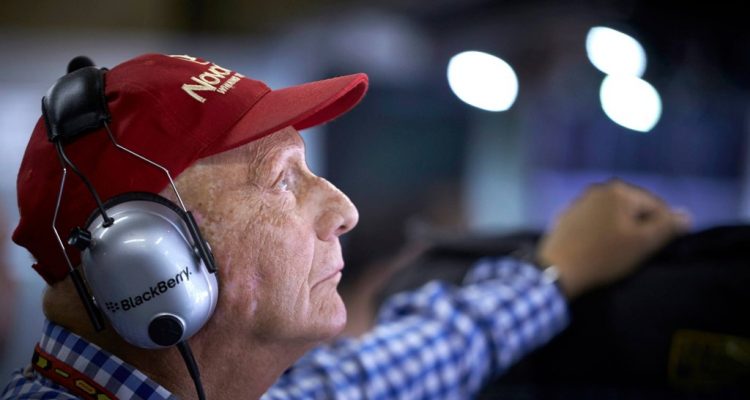Mercedes has warned it will quit formula one if moves to revive the old V8 era are successful.
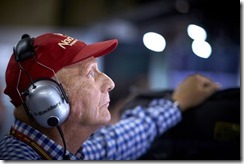 Amid the debate about costs driving small teams out of F1, and the separate argument about an engine development ‘unfreeze’, Bernie Ecclestone showed his hand by reiterating he is staunchly opposed to the new V6s. “We need to change the regulations,” the F1 chief executive told Sky television a week ago. “We’re going to try to get rid of these (V6) engines. “They don’t do anything for anybody. They’re not formula one,” he insisted.
Amid the debate about costs driving small teams out of F1, and the separate argument about an engine development ‘unfreeze’, Bernie Ecclestone showed his hand by reiterating he is staunchly opposed to the new V6s. “We need to change the regulations,” the F1 chief executive told Sky television a week ago. “We’re going to try to get rid of these (V6) engines. “They don’t do anything for anybody. They’re not formula one,” he insisted.
The 84-year-old Briton most certainly has some allies. Some of them are fans who miss the normally-aspirated V8 scream. And Ecclestone also has many race promoters on side. “I don’t think there’s any problem with the number of cars,” said Austin promoter Bobby Epstein, who welcomed an 18-car grid to the US GP a week ago. “If the competition up front is good, the total number doesn’t matter. “But it would be great to hear them,” he added. It is at this point that the back-and-forth ‘unfreeze’ debate comes into play.
Although Lewis Hamilton and Nico Rosberg have been wheel-to-wheel in 2014, Mercedes was utterly dominant and rival engine suppliers Renault and Ferrari are desperate for the rules to be relaxed so they can catch up. Mercedes, having mastered the start of the new turbo era, is understandably reluctant. “We were slowed down for five years running with aerodynamic restrictions,” said Dr Helmut Marko, of F1’s formerly-dominant force Red Bull. “All we’re asking of Mercedes is that they give us the chance to get closer,” he told Germany’s Auto Motor und Sport.
Mercedes has offered a slight compromise, but not all of what Renault and Ferrari are demanding. Now, Ferrari, Renault and perhaps even Honda are threatening that if Mercedes continues to refuse, they will push through a total opening up of engine development for 2016 with the power of their majority vote. That will send costs through the roof and almost certainly drive more teams out of business. The golden solution to that might be to go down Ecclestone’s road of reviving the cheaper and fan-pleasing V8 engines. “No one likes to take a step backwards,” Red Bull team boss Christian Horner said, “but sometimes you have to realise when something has gone wrong.”
Indeed, struggling small teams like Lotus, Sauber and Force India would be much happier with an old, V8-style engine bill. “None of us wanted the new engines,” said Lotus owner Gerard Lopez, speaking for the struggling trio. “They were forced upon us.” He indicated he would not be opposed to another engine type being introduced, particularly if it was much cheaper. “If I told Pastor or Romain that next year they’re pedalling their car, they’re not going to be particularly excited. But it would be way cheaper for us and I might actually make money,” Lopez smiled.
Honda, however, is only returning to F1 next year because of the new, modern and more road-relevant engine formula. And Niki Lauda, Mercedes’ team chairman, warned that bringing back the V8s would have other drastic consequences. “If V8 comes back,” the F1 legend said, “Mercedes will be gone.”

